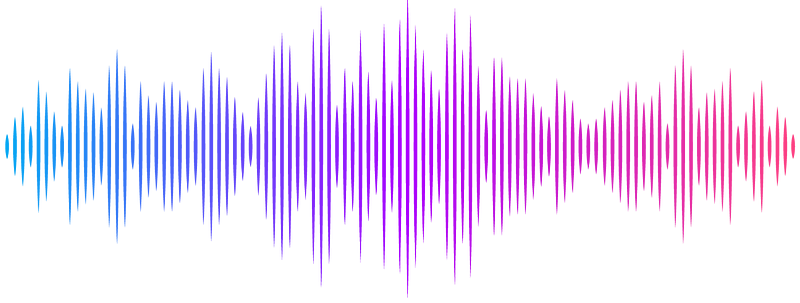Reactivation-dependent transfer of fear memory between contexts requires M1 muscarinic receptor stimulation in dorsal hippocampus

Reactivation-dependent transfer of fear memory between contexts requires M1 muscarinic receptor stimulation in dorsal hippocampus
Abouelnaga, K. H.; Huff, A. E.; Jardine, K. H.; O'Neill, O. S.; Winters, B. D.
AbstractBackground: Memory updating is essential for integrating new information into existing representations. However, this process could become maladaptive in conditions like post-traumatic stress disorder (PTSD), when fear memories generalize to neutral contexts. Previously, we have shown that contextual fear memory malleability in rats requires activation of M1 muscarinic acetylcholine receptors in the dorsal hippocampus. Here, we investigated the involvement of this mechanism in transfer of contextual fear memories to other contexts using a novel fear memory updating paradigm. Methods: Following brief re-exposure to a previously fear conditioned context, male rats (n=8-10/group) were placed into a neutral context to evaluate the transfer of fear memory. We also infused the selective M1 receptor antagonist pirenzepine into the dorsal hippocampus prior to memory reactivation to try to block this effect. Results: Results support the hypothesis that fear memory can be updated with novel contextual information, but only if rats are re-exposed to the originally trained context relatively recently prior to the neutral context; evidence for transfer was not seen if the fear memory reactivation was omitted or if it occurred 6h prior to neutral context exposure. The transferred fear persisted for four weeks, and the effect was blocked by M1 antagonism. Conclusions: These findings strongly suggest that fear transfer requires reactivation and destabilization of the original fear memory. Specific parameters likely dictate similar generalization in disorders like PTSD. The novel preclinical model introduced here, and its implication of muscarinic receptors in this process, should inform therapeutic strategies in this area.


